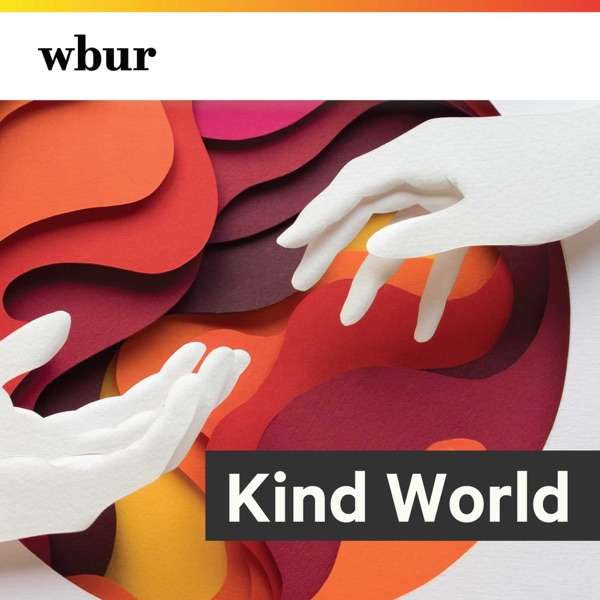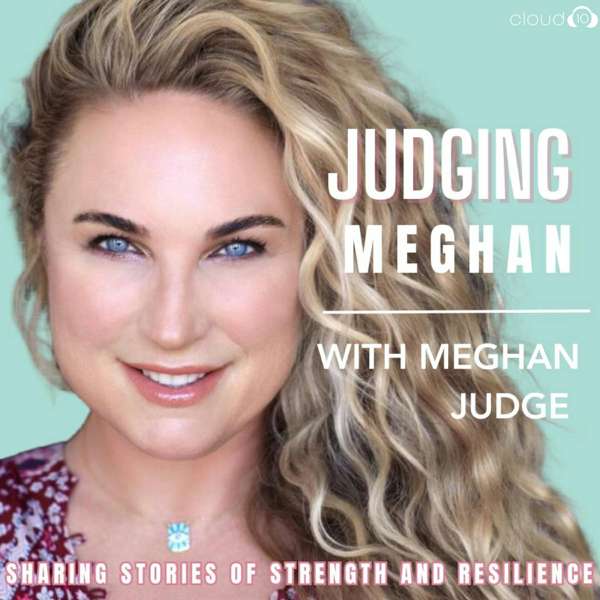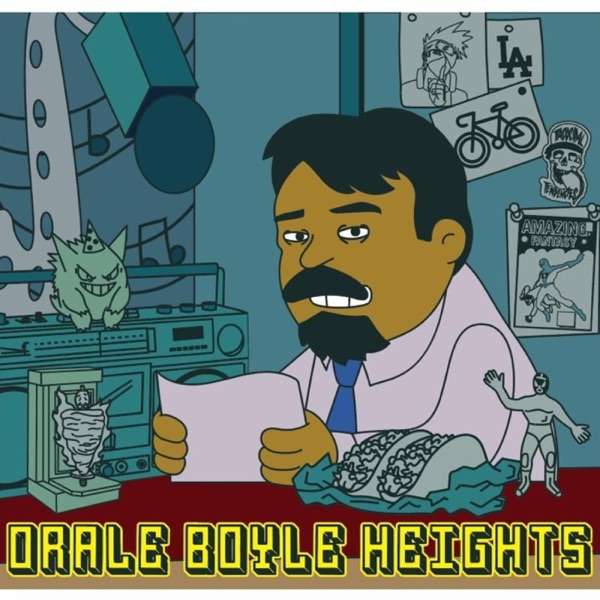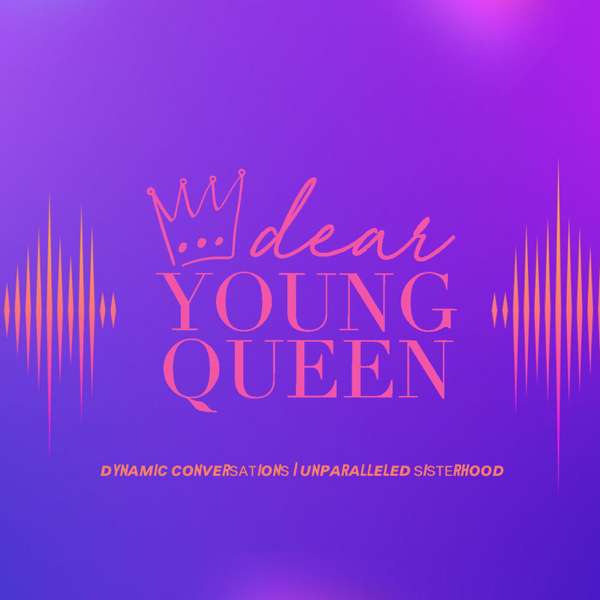Today is June 20th, and it is World Refugee Day. It has prompted me to reflect on my most recent episode, where I recorded an update on the situation in Ukraine with guests Arne and Mike. I’m heartened to see the interest the conversation has received—not for bragging rights, but because it helps, ever so slightly, to keep the attention on those who must live with the consequences of this invasion, including the more than 7 million individuals who have already been forced to flee, and whose real battle has only just begun.
An unfortunate reality of our current times is that conflicts around the world are forgotten almost as quickly as they begin. Since the world took notice of the Russian invasion of Ukraine almost four months ago, outrage and interest has subsided such that any updates on the war feature less and less frequently on most major news sites. But we shouldn’t be surprised. We only need to look at other ongoing conflicts—take Yemen, Afghanistan, Syria, Ethiopia, or Sudan, for example, where hundreds if not thousands of lives have been lost just this year alone—to see how quickly conflicts disappear from our collective consciousness.
Aside from the difficulties faced by the estimated one hundred million refugees fleeing various conflict zones across the globe, one of the aspects that affects and saddens me the most is the recognition that for these people, it is only after they are long forgotten by the rest of us that their true battle begins.
These conflicts are so deeply personal to me because, as most of you by now know, I am a product of the Bosnian war from the early 90’s. When the war broke out in my home city of Sarajevo, I was 10 years old. Before the war, we lived a completely regular, or even a privileged life. My mum worked as a physics professor at one of the country’s best high schools and my dad was an engineer working at one of the biggest and most-prominent engineering companies in former Yugoslavia. This was the same company that brought Russian gas into the Balkans, as well as the company that engineered Saddam Hussein’s personal bunker in Baghdad. In short, my brother, who is three years older than me, and I, weren’t left wanting for much. Apart from school, our weekdays included lots of playing and running around the neighbourhood with the dozens of other children living on our street. Weekends always included visits to my paternal grandmother, who lived in the centre of Sarajevo, as well as my cousins, both from mum’s and dad’s side. We’d escape Sarajevo to our weekend home my parents were building not far outside of the city, or to the one that my maternal grandfather built all by himself a few hours’ drive out of the city. Winter holidays were spent skiing on one of the nearby Olympic mountains dominating the Sarajevan horizon. In summer, we travelled to a beautiful coastal town in Croatia, where we kept a fully equipped trailer a stone’s throw from a secluded pebbled beach. Life was good.
As I now watch events unfold in Ukraine, I am reminded of the naivety and innocence of not only my parents, but also the rest of the country, that war could simply not occur. I mean, Bosnia is in the heart of Europe. Four hours drive and you’re in Austria, seven and you’re in Germany. No way would the rest of the world let the Bosnian Serbs, supported intimately by Serbia, start a war. The world had moved on, Europe had moved on, from large scale military confrontations. I remember in those final days before all hell broke loose, ordinary citizens, including my parents, neighbours, teachers and just about everyone else, going to huge anti-war protests. I was glued to the TV watching as they sang ‘Give Peace A Chance’, with every Sarajevan who had a lighter, which was just about every one of them, holding it lit above their head and swaying their arms in synch with the song. Although a powerful sight, and one that I get emotional over, even today, I now realise how foolish and naïve it was to hope that Bosnians could stop the inevitable march to war. Those in power had already decided, plans had been drawn up, troops gathered, weapons and supply lines prepared. All that was necessary was a spark to kick it all off.
As I sit here and watch the millions of refugees pouring out of Ukraine, I remember the sense of helplessness of not being able to change your destiny. The night before our suburb was occupied by Serb forces, my mum had a terrible feeling that something was about to happen. It was the first night in 20 years of living in the same house that she could hear the flow of a river, a kilometre away. It was an eerily quiet night. So, the next morning, the four of us, my dad, mum, brother and I, packed a backpack each and left our house to go and stay with my aunt, uncle and two cousins a little further into town. That day, the barricades around Sarajevo went up, and my suburb fell into Serb hands, with many of our neighbours who were left behind experiencing grave abuse by the invading forces. Fighting-age men were detained and taken away as prisoners. Some were never heard of again. Our house, the home I grew up in, was taken over by a police commander who threw my brother’s and my toys out into the backyard to rot. Our neighbour, the angel of a lady who also spent hours teaching me how to read and write, managed to wrestle some of our most-treasured possessions from the intruder, including some our family photo albums. Years later, during her first visit since the war, my mum was able to recover those cherished mementos of a life long gone.
We stayed with my aunt and uncle for those first few days of hell breaking loose. I remember watching tanks occupy positions on top of a small hill about 500m opposite of my aunt and uncle’s house. They weren’t shooting yet, but their command of the entire suburb from an elevated position was daunting as it was perplexing. How is this possible? These were our people? Not even two years ago we all sang the same anthem as Yugoslavia qualified for the semi-final in the FIFA World Cup in Italy. We all speak the same language. Hell, most of us didn’t even know that there was such a thing as different ethnicities. And yet here we were, cowering in the shadow of their barrels awaiting the inevitable. And it didn’t take long. Several times in those first days, air raid sirens echoed around the city, forcing us into bomb shelters scattered around the suburb. We were lucky that my aunt and uncle’s house was literally meters away from one of these, where we spent a number of anxious hours waiting for the threat to lift. A few days later, as the bombing really started, my parents decided that we’d be safer at my grandma’s house, whose apartment was in the heart of the city. We would spend the following few months there, until our escape from Sarajevo.
I remember sitting in the cellar for hours on end, waiting for the shelling to stop. My grandma’s building had about 10 apartments, and just about all of the occupants would hide below ground when the shelling would start. By now, it was occurring frequently enough that the cellars had to be cleaned up, chairs and tables were brought in, as well as candles, food and water. Power would frequently go out, as would water and getting basic supplies was becoming a serious challenge. To pass the time, I remember how my brother and I used a picture of Slobodan Milosevic, the President of Serbia at the time, that had a bull’s eye superimposed on it, for target practice. We had a couple of straws and bits of rolled up paper that we would dip in some water, pretending it was poison. We’d then shoot our weapons at Milosevic’s face, who was smugly smirking at our abysmal efforts from his place of prominence on one of the cellar walls.
Ultimately, I was lucky to have had to live in a besieged Sarajevo for only a few short months. I had recently had a serious ear surgery due to a tumour behind the eardrum of my right ear. My parents knew that I would imminently need another surgery to replace my eardrum which had 13 raptures in it, but they kept this from me at the time as they wanted me to focus on my recovery before worrying about the next time I’d be going into hospital. However, the fragile state of my eardrum, and the now near-constant shelling of the city were a bad combination. At one point, my mum told me to keep my mouth open while the bombs are falling as this would allow me to easier equalise the pressure on my eardrum from any artillery and mortar blasts. I can still hear my brother making fun of me for sitting in the cellar with my mouth permanently open out of fear of my eardrum bursting.
The moment mum and dad broke the news to my brother and I that the three of us would be leaving Sarajevo the next day on a UN convoy, I remember an insatiable rage coming over me. I did not want to leave. I did not want to leave my dad behind; I did not want to leave the rest of our family behind, all my friends. I did not want to leave my city, especially not now when its mere survival was in question. My ten-year old brain could not comprehend what was happening. Only weeks ago, we lived a normal life. I was going to school. We had picnics on the weekend. We were talking about our next holiday on the Croatian coast. It all vanished overnight.
As the next day dawned, one of our neighbours, Raza, sister of one of the nation’s most prominent poets Kiko Sarajlic, gave me a hand-made Pinocchio figurine she once picked up in Italy. It was aimed to give me something to play with, she said, and that we’ll play together upon our inevitable, and surely imminent, return to Sarajevo. The irony of her words, while handing me a Pinocchio figurine, was lost on me until much later.
Looking back, my reflection upon these memories has always had a certain nonchalance; a certain detachment from the reality of what they truly represented of my childhood. Now, as a father, the thought of any child, or in fact any person, having to flee their home after being innocently caught in conflict, much less conflict at the hands of an egomaniacal dictator attempting to assert regional, if not global, dominance, brings tears to my eyes.
Years later, my heart hurts for the fear my parents must have felt. The fear of not knowing what the next day would bring. The fear of not knowing how or if they could keep their young children alive and safe. The fear of the future that would befall their children should they be left without a parent or guardian to look out for them. The fear of the trauma and scars that may imprint on them in the days, weeks, months, and years of hardship to come.
As a father, the thought of my children having to live through such events sends a heaviness through me. But that heaviness is quickly replaced by anger. Because so many of these conflicts are unnecessary. Avoidable, even. And yet we enter into them so lightly. Far too lightly.
Thinking back to my own experiences, I know that what I lived through was easier than what my parents lived through. Childhood resilience is a wonderful thing. But, having to help your wife and children flee while you stay back to defend your homeland, as was the case for my father, or having to seek refuge in a foreign country where you don’t speak the language or have any of your qualifications recognised, as was the case for my mother, seem like far more challenging experiences. Watching your children become marginalised as they’re branded the poor foreigners in a new school. Having to rely on government handouts for the food, clothing and shelter you once provided in abundance for your family. Lining up for hours on end at an Immigration Office to apply for the less-than-welcoming residence status known as ‘Duldung’, which roughly translates to ‘tolerating or bearing you’. Many mistook this for a residence permit. It wasn’t! It was merely the suspension of the state’s obligation to deport you. It was a tactical pause, in your otherwise precarious existence and statelessness. After all that, there are the next 30 years coming to terms with never knowing the final resting place of friends and family, or the trauma associated with seeing your loved ones killed in front of your eyes. There is the loss of your identity, your history, your memories, yourself. These are the unspoken, unseen, unaccounted costs of war.
As the discussion around the invasion of Ukraine moves onto what a decisive victory looks like and how an end may come about, I urge those that care, those who are angered by needless acts of violence, to remember that for millions of innocent survivors, both in Ukraine and Russia and around the world, often, the immediate costs of these conflicts are the lightest and most superficial. The real costs—those which our children, families, and our communities bear, will play out in the months, years, and decades to come. I only need look to my own experience, where almost 30 years on, the balcony and building from which I watched those tanks roll in, still carry the scars from rockets and artillery of my childhood, to know that these are costs that humanity we’ll be paying for generations to come.
On this Refugee Day, take a moment to pause and look around. Take stock of what you have, and not of what you’re missing. Take comfort in the relative safety of your country, of a roof over your head, your job, or the car you might be driving right now. Think about the family dinner you get to enjoy tonight, or your child’s birthday party you get to organise. Think about the bar you’ll go to for ‘knock-off drinks’. Think about all of that, and then remember the 100 million refugees who won’t be thinking those thoughts.
And for those of you in positions of authority, or those who might command troops in war, take a moment to think about the next order you’ll give. Think about the impact that bomb, rocket, shell, or round will have. Not just on your target, but on those you might write off as collateral damage. Remember that the few minutes it took you to give, or to carry out an order, might leave physical, psychological, and spiritual scars on a child lasting a lifetime. What might be your acceptable collateral damage, might be someone’s mother, father, sister, or brother. It might be someone’s husband, wife, boyfriend, or girlfriend. It might be someone’s friend. And one of those your bombs force to flee, might be a child facing a life of uncertainty and instability. A child, just like me.
Finally, and where I hope this thought bubble to land, think about what you can do to help. Can you forgo a few coffees or drinks, and donate the money to the UNHCR, or another of the many amazing organisations helping those most in need? Can you donate your time to help in a shelter? What about old clothing? Can you donate some of it? How about attending one of the many activities marking the day? If nothing else, use your voice on social media or elsewhere to increase awareness of this growing need. But whatever you do, don’t just turn away.
Music: Adagio For Strings, by Samuel Barber

 Our TOPPODCAST Picks
Our TOPPODCAST Picks  Stay Connected
Stay Connected






